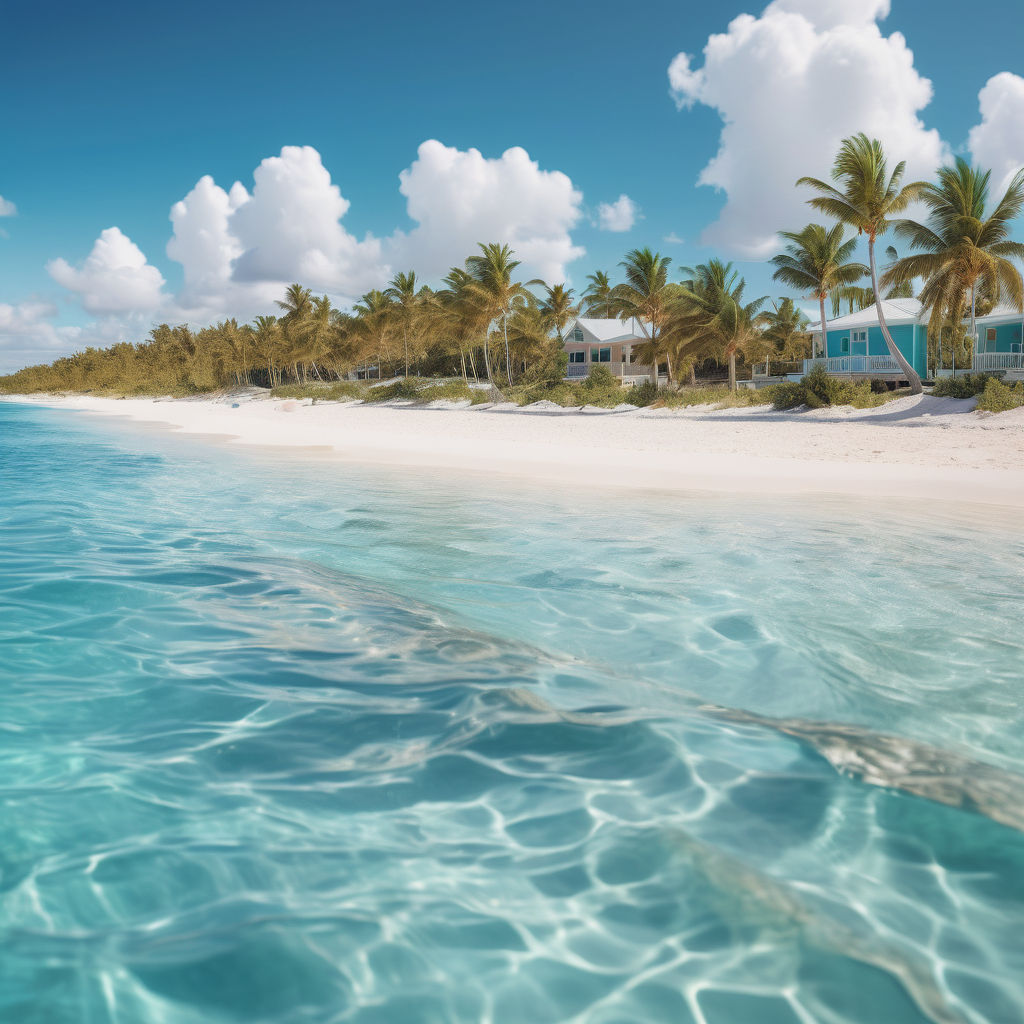Introduction to the Cayman Islands: A Caribbean Paradise
Exploring the Cultural Heritage and Natural Beauty of the Cayman Islands

Introduction to the Cayman Islands
The Cayman Islands, a British Overseas Territory, is located in the western Caribbean Sea. The territory consists of three islands: Grand Cayman, Cayman Brac, and Little Cayman. George Town, the capital and largest city, is situated on Grand Cayman, the largest of the three islands. Known for its stunning beaches, vibrant coral reefs, and luxury resorts, the Cayman Islands attract tourists and expatriates from around the world. The islands boast a rich cultural heritage influenced by its British colonial history, African roots, and Caribbean traditions.
Cross-national and Cross-cultural Understanding
The Cayman Islands is a melting pot of cultures, where cross-national and cross-cultural understanding is deeply embedded in society. The islands have a long history of welcoming people from various parts of the world, resulting in a diverse and inclusive community. The local population is known for its open-mindedness and acceptance of different cultures, which is reflected in everyday life and interactions. The Cayman Islands government and various institutions actively promote cultural exchanges and educational programs to enhance cross-cultural understanding. The University College of the Cayman Islands, for instance, has partnerships with universities worldwide, facilitating student and faculty exchanges. Cultural festivals such as Pirates Week, Batabano, and the Cayman Arts Festival celebrate the islands' diverse heritage and provide platforms for cultural exchange. These events attract participants and visitors from different countries, fostering a sense of global community.
Interactions and Social Dynamics
Interactions between Caymanians and foreigners are generally positive and marked by mutual respect. The islands' social dynamics are influenced by a blend of Caribbean hospitality and British courtesy, creating a welcoming environment for visitors and expatriates. Social behaviors in the Cayman Islands emphasize friendliness, politeness, and a strong sense of community. Communication styles tend to be direct yet respectful. While English is the official language, the islands' multicultural population means that several other languages, including Spanish, Filipino, and various Caribbean Creole languages, are also spoken. This multilingualism greatly facilitates interactions between locals and foreigners, enhancing cross-cultural communication. Caymanians place a high value on personal relationships and community bonds. Social norms include a strong emphasis on family, respect for elders, and communal support. Foreigners who show respect for these values are typically well-received and can integrate smoothly into the local community.
Views on Dating and Relationships
Dating and relationships in the Cayman Islands reflect a mix of traditional values and modern influences. Caymanians generally have a progressive attitude towards dating and relationships with foreigners. The islands' diverse population means that cross-cultural relationships are common and widely accepted. However, cultural expectations and traditions can influence dating practices. Family approval and community acceptance play significant roles in relationships. The close-knit nature of Caymanian society means that relationships are often subject to scrutiny by extended family and community members. Despite this, the open and accepting nature of the society ensures that genuine relationships, built on mutual respect and understanding, thrive.
Marriage and Family
Marrying foreigners in the Cayman Islands is a common and accepted practice, reflecting the islands' multicultural ethos. Legal considerations for marriage involve standard procedures such as obtaining a marriage license and adhering to residency requirements. The Cayman Islands' legal system, based on English common law, provides a clear framework for marriages, including those involving foreign nationals. Family is a cornerstone of Caymanian society, and this extends to cross-cultural marriages. Families play a significant role in supporting and nurturing relationships, ensuring that cultural traditions are respected. Common practices in Caymanian weddings include a blend of traditional and contemporary elements, often incorporating customs from both partners' cultures. Cross-cultural marriages in the Cayman Islands bring together different traditions and practices, enriching the social fabric of the islands. These marriages often result in culturally diverse households where children benefit from exposure to multiple languages and cultural perspectives.